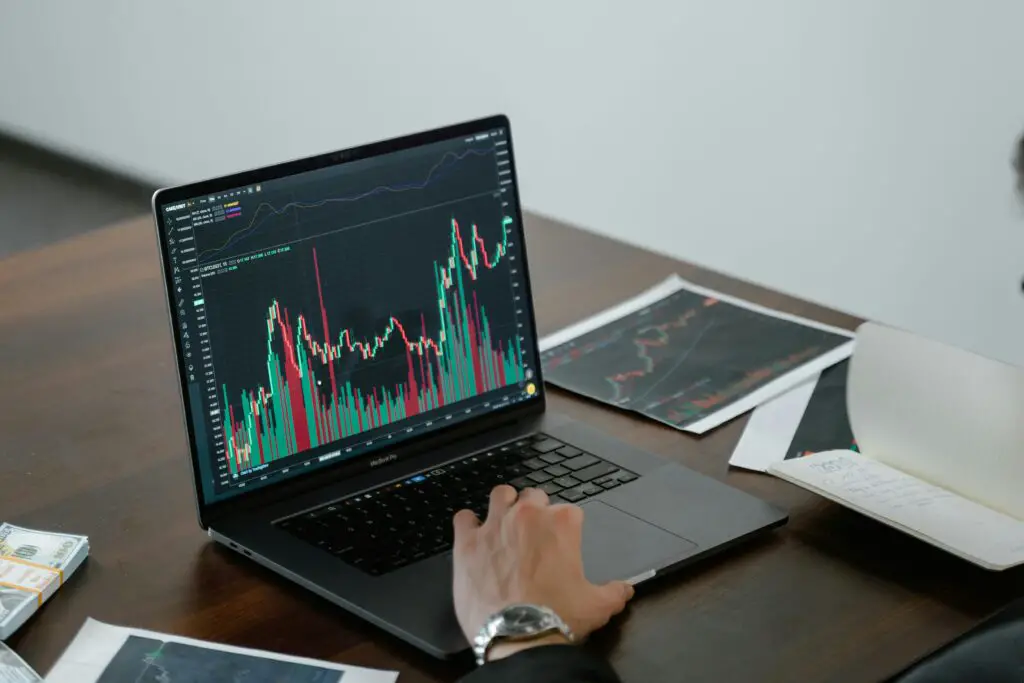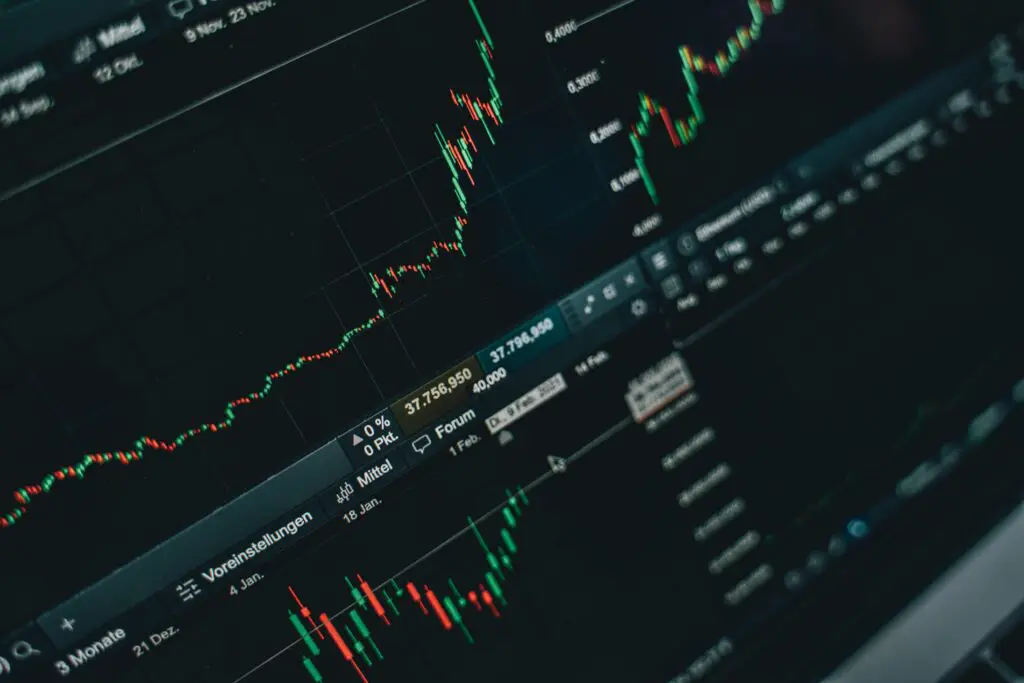Foreign exchange trading, or forex trading, is all about buying and selling currencies. The business moves quickly and needs help understanding. Spreads are something that every investor needs to know about. How much it costs to trade and how much money traders make are both affected by spreads. In this detailed guide, you will learn all about spreads, how they affect forex trading, and the best ways to use and deal with them.

How to Figure Out Spreads in Forex
The gap is the difference between the price being asked and the price being bid. The offer price is the amount of money you are willing to give to buy a currency pair. The asking price is the fee you need to pay to buy a currency pair. A pip is the slightest change in price in forex. It is used to measure this difference. Let’s say the EUR/USD pair’s bid price is 1.1200, and its ask price is 1.1203. Three pip makes a difference.
Spreads come in two main types: set and changeable, also called “floating” spreads. Variable spreads change based on market conditions, liquidity, and other factors, while fixed spreads stay the same no matter what the market does. Traders must know about these spreads to move around the foreign exchange market.
Things that make forex gaps change
Several things can change the size of forex spreads. Here are some of them:
There are times when the forex market moves a lot, and prices are spread out less. KEY exchange pairs like EUR/USD and USD/JPY incredibly see this. Spreads are usually bigger for pairs of currencies that rarely trade together.
Spreads can become much more significant when the market is very volatile, like when there is big news about the economy or a global crisis. If gaps become more prominent, trading could cost more. Because of this, traders should be careful right now.
Trading Volume: When there are many trades, brokers compete with each other, making the market livelier. Because of this, spreads might get smaller. Spreads may get wider, though, when there aren’t many sales.

There are two kinds of brokers: market makers and Electronic Communication Network (ECN) traders. Each has a different spread. If you work with an ECN broker, your spreads may change based on how the market is doing. Spreads that market makers offer are generally fixed.
Date: The date changes how much it costs to pay forex fees. Spreads are smaller during busy market sessions, like in New York and London, because there are more trades during these times. When demand is low, on the other hand, spreads may become more expansive.
What Spreads Mean for Trading Plans
Spreads change trade costs, which changes how profitable a trading method is. Spreads can change how you trade in the following ways:
High frequency trading (HFT) is a way to make money off small price changes by making a lot of small trades. Spreads are significant for scalpers because they trade a lot of times very quickly. That’s why scalpers look for traders with spreads that are as small as possible. Spreads too wide can make it harder for them to make money.
Spreads can also be necessary for day traders, who open and close trades all on the same day. Spreads on many trades can cut their earnings, even if they don’t make as many trades as scalpers. Day traders need to think about spreads when they pick a broker and make trade plans.
When swing traders hold on to their stocks for a few days, they hope to make money when the market changes significantly. But swing traders depend on spreads less than scalpers or day traders. Spreads still affect when to start and leave a trade. If the spread is narrow enough, trades might not be carried out, which could change the overall results.
Traders and buyers who hold contracts for weeks, months, or even years don’t care as much about spreads. However, they should still be aware of spreads when they open and close accounts because bigger spreads can make trading more expensive over time.

How to Take Care of and Make Forex Spreads Better
There are several ways for traders to control and improve forex spreads, such as: How to Pick the Right Broker: It’s essential to pick a broker with fair fees. When comparing the spreads they offer for the currency pairs they trade most, traders should choose a company with small spreads. ECN traders often offer smaller spreads because they can get money from more places.
Trade during the busiest market hours. Traders can get better spreads by trading during busy market sessions, such as in London and New York when a lot of trading occurs. Do not sell during off-peak hours if you want to avoid wider spreads.
Pay attention to the business calendar. Traders should avoid times of high instability when spreads are likely to get bigger. To do this, follow economic news and events. Changes in the spread can have less of an effect on buyers who trade at these times.
Use limit orders instead of market orders. With limit orders, traders can say what price to finish a deal. In times when gaps are more significant, this might stop bad deals from going through.
Use tools to monitor the spread. People who trade on some sites can use tools to see how the spread is changing. With these tools, traders can know what to do and avoid deals with extensive ranges.
In Conclusion
You need to understand forex spreads to make a good trade plan. Spreads cause changes in trading costs and gains. To avoid spread effects, buyers must pick the best broker, sell at the best times, and use plans. This can help traders improve their performance in the foreign exchange market.
Lastly, spreads play a significant role in some trade methods and are essential to forex trading. Traders can improve their trading and increase their chances of success in the volatile world of foreign exchange dealing if they know what affects spreads and use good management techniques.

